I'm not sure just a name change is going to help with the "image".
Alexa
***********************************************************
Corn syrup producers want sweeter name: corn sugar
By EMILY FREDRIX, AP Marketing Writer Emily Fredrix, Ap Marketing Writer
58 mins ago
NEW YORK The makers of high fructose corn syrup want to sweeten up its image with a new name: corn sugar.
The bid to rename the sweetener by the Corn Refiners Association comes as Americans' concerns about health and obesity have sent consumption of high fructose corn syrup, used in soft drinks but also in bread, cereal and other foods, to a 20-year low.
The group plans to apply Tuesday to the Food and Drug Administration to get "corn sugar" approved as an alternative name for food labels.
Approval could take two years, but that's not stopping the industry from using the term now in advertising. There's a new online marketing campaign at http://www.cornsugar.com and on television. Two new commercials try to alleviate shopper confusion, showing people who say they now understand that "whether it's corn sugar or cane sugar, your body can't tell the difference. Sugar is sugar."
Renaming products has succeeded before. For example, low eurcic acid rapeseed oil became much more popular after becoming "canola oil" in 1988. Prunes tried to shed a stodgy image by becoming "dried plums" in 2000.
The new name would help people understand the sweetener, said Audrae Erickson, president of the Washington-based group.
"It has been highly disparaged and highly misunderstood," she said. She declined to say how much the campaign costs.
Some scientists have linked consumption of full-calorie soda  the vast majority of which is sweetened with high fructose corn syrup  to obesity.
But sugar and high fructose corn syrup are nutritionally the same, and there's no evidence that the sweetener is any worse for the body than sugar, said Michael Jacobson, executive director of the Center for Science in the Public Interest. The bottom line is people should consume less of all sugars, Jacobson said.
"Soda pop sweetened with sugar is every bit as conducive to obesity as soda pop sweetened with high fructose corn syrup," he said.
The American Medical Association says there's not enough evidence yet to restrict the use of high fructose corn syrup, although it wants more research.
Still, Americans increasingly are blaming high fructose corn syrup and avoiding it. First lady Michelle Obama has said she doesn't want her daughters eating it.
Parents such as Joan Leib scour ingredient labels and won't buy anything with it. The mother of two in Somerville, Mass., has been avoiding the sweetener for about a year to reduce sweeteners in her family's diet.
"I found it in things that you would never think needed it, or should have it," said Leib, 36. "I found it in jars of pickles, in English muffins and bread. Why do we need extra sweeteners?"
Many companies are responding by removing it from their products. Last month, Sara Lee switched to sugar in two of its breads. Gatorade, Snapple and Hunt's Ketchup very publicly switched to sugar in the past two years.
The average American ate 35.7 pounds of high fructose corn syrup last year, according to the U.S. Department of Agriculture. That's down 21 percent from 45.4 pounds 10 years before.
Cane and beet sugar, meanwhile, have hovered around 44 pounds per person per year since the mid-1980s, after falling rapidly in the 1970s when high fructose corn syrup  a cheaper alternative to sugar  gained favor with soft drink makers.
With sales falling in the U.S., the industry is growing in emerging markets like Mexico and revenue has been steady at $3 billion to $4 billion a year, said Credit Suisse senior analyst Robert Moskow. There are five manufacturers in the U.S.: Archer Daniels Midland Inc., Corn Products International, Cargill, Roquette America, and Tate & Lyle.
Corn refiners say their new name better describes the sweetener.
"The name 'corn sugar' more accurately reflects the source of the food (corn), identifies the basic nature of the food (a sugar), and discloses the food's function (a sweetener)," the petition said.
Will shoppers swallow the new name?
The public is skeptical, so the move will be met with criticism, said Tim Calkins, a marketing professor at Kellogg School of Management at Northwestern University.
"This isn't all that much different from any of the negative brands trying to embrace new brand names," he said, adding the change is similar to what ValuJet  whose name was tarnished by a deadly crash in 1996  did when it bought AirTran's fleet and took on its name.
"They're not saying this is a healthy vitamin, or health product," he said. "They're just trying to move away from the negative associations."
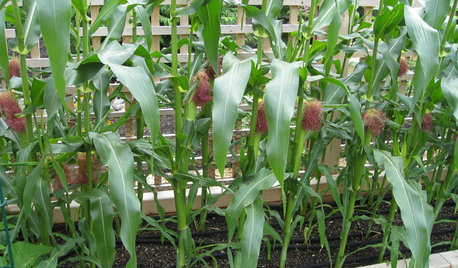
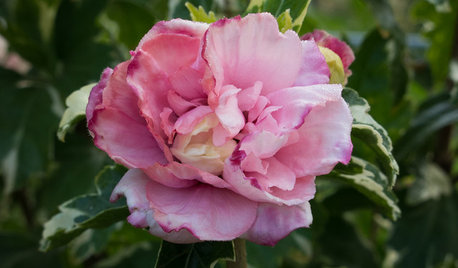

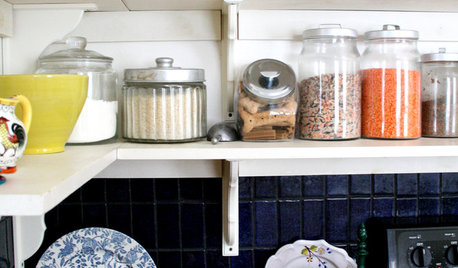

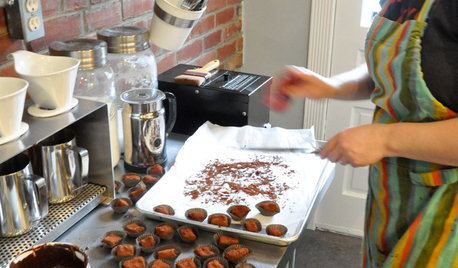
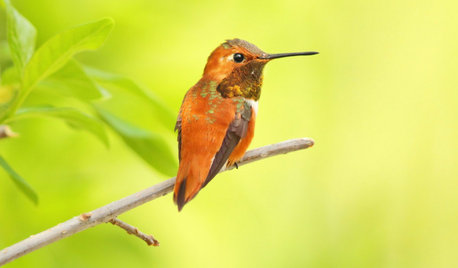
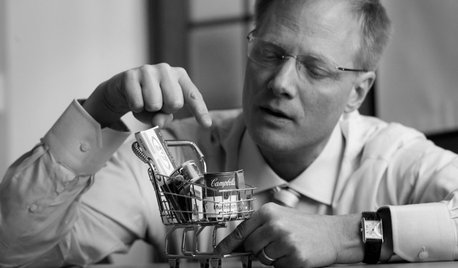
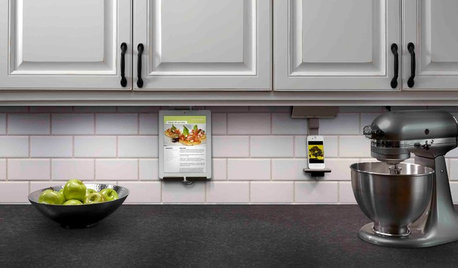
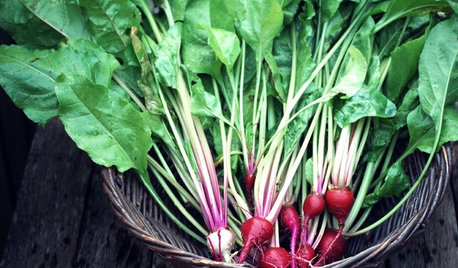



jimster
sushipup1
Related Discussions
Is my Sweet corn Miniature?
Q
Bragging Rights
Q
UPDATE: I/E Seed Clean Out Swap -- Going Once, Going Twice
Q
Smartstrand carpet vs corn allergy ?
Q
jimster
cloudy_christine
jimster
cynic
Teresa_MN
lpinkmountain
annie1992
lowspark
calilooOriginal Author
cookebook
Teresa_MN
Terri_PacNW
arabellamiller
calilooOriginal Author
annie1992
lpinkmountain
kayskats
greenmulberry
jojoco
cynic
sally2_gw